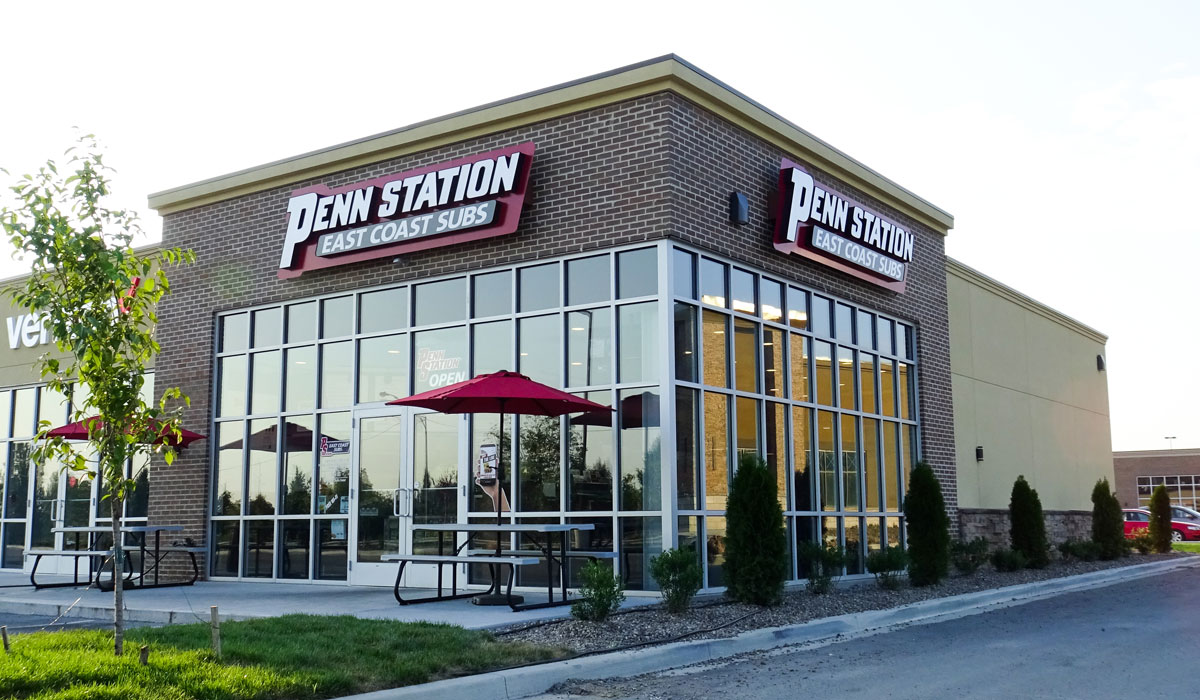Budgets are critical for any type of organization to estimate revenue and expenses. For restaurants to be profitable, they need to use a budget to evaluate their success by comparing budgeted revenue and expenses to the actual results.
Many restaurant operators are intimated by the budgeting process, and they let it fall to the backburner as a future project that never materializes. Instead of being intimidated, take the time to learn about budgeting so you can use it as a financial roadmap to track and improve your performance.
Start with previous income statements to create your budget.
Your previous year’s income statement is a great place to start when preparing your budget. Look for anomalies, non-recurring one-time purchases or areas where you feel you over- or under-spent for the previous year. After this analysis, assess how well you performed from an income statement perspective that year. With that information, you have a great starting place for an annual budget for the next year that includes sales projections.
Do not work backwards.
In my past life as a CPA, I assisted many clients with their budgetary process. Generally speaking, the clients were better at evaluating expenses than they were at estimating their future income. Typically, they looked at the expenses, made adjustments up or down, and then either consciously or subconsciously said to themselves: “What amount of revenue do I need to cover those expenses and make the profit I want for the year?” This couldn’t be a worse idea.
Think about seasonality.
Restaurants may not be a truly seasonal business, but you probably already know when your busiest and slowest months are. Depending on the type of restaurant you operate, the range between these may be significant. Account for these monthly nuances in your budget to make it more realistic.
Make you revenue goals achievable.
It’s fine to have stretch revenue goals, but use it as a sanity check, too. Compare your budget’s growth to your history and your industry’s growth. If your industry is growing at 20 percent annually and you’re projecting less, ask yourself why. Conversely, if your industry is regressing and you think your business will be up 10 percent, make sure you aren’t setting unrealistic expectations.
Evaluate your progress monthly.
If you create a budget and then never check it again, what use does it have? You wouldn’t play golf without looking at your score card or go to a basketball game without looking at the scoreboard, so why would you ignore your budget throughout the year?
You should evaluate the actual results each month against your expected results. This shows you how your restaurant is actually performing compared to what you expected and allows you to make forward-thinking decisions. If your actual earnings are less than your forecasted earnings, you can determine if any changes are needed to improve the rest of the year, but if you don’t check your income statement and budget regularly, you may not realize you have a problem until it is too late. The more effort you put into comparing the actual results versus your budget, the greater likelihood for success.
Restaurant operations are complicated and time consuming, but making the time to create and regularly evaluate a budget is valuable to your bottom line. You may think you know how your business is doing but until you evaluate your results against what you expected, you can’t be sure. Creating a realistic budget and referencing it often can help you make any necessary adjustments to your restaurant before it is too late.
Craig Dunaway is president of Penn Station East Coast Subs, a 310-unit franchise known for its hot and cold sandwiches, hand-squeezed lemonade and fresh-cut fries.






